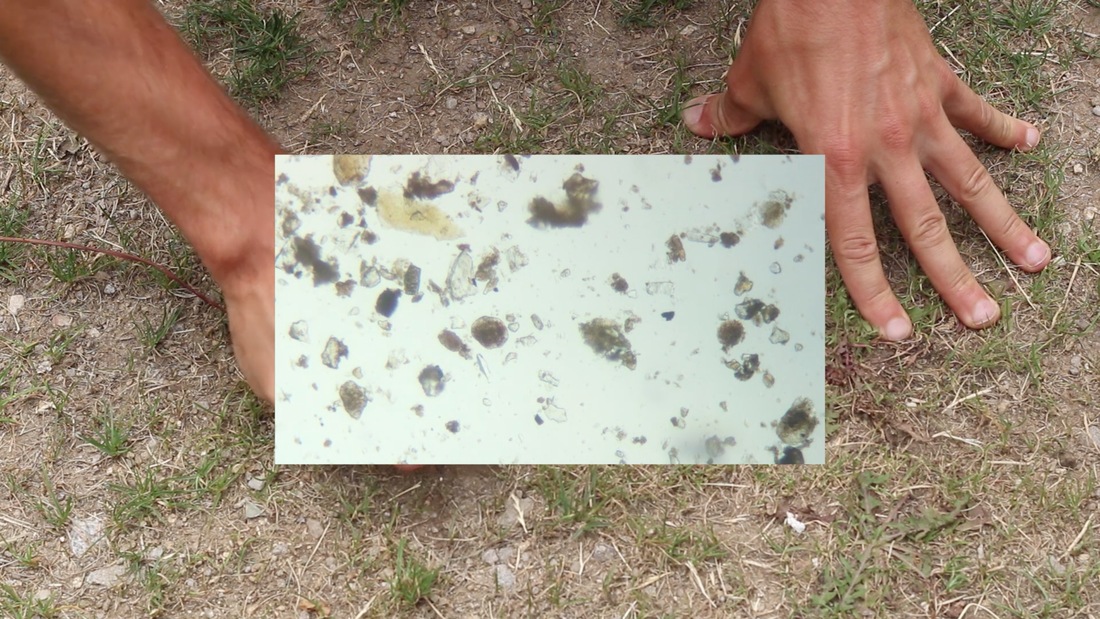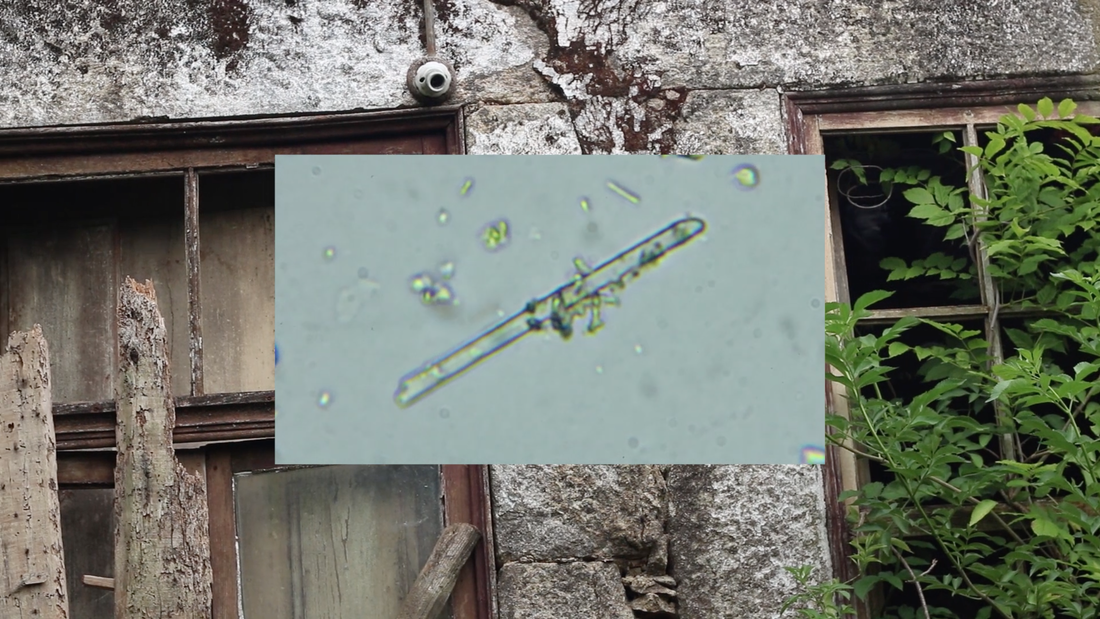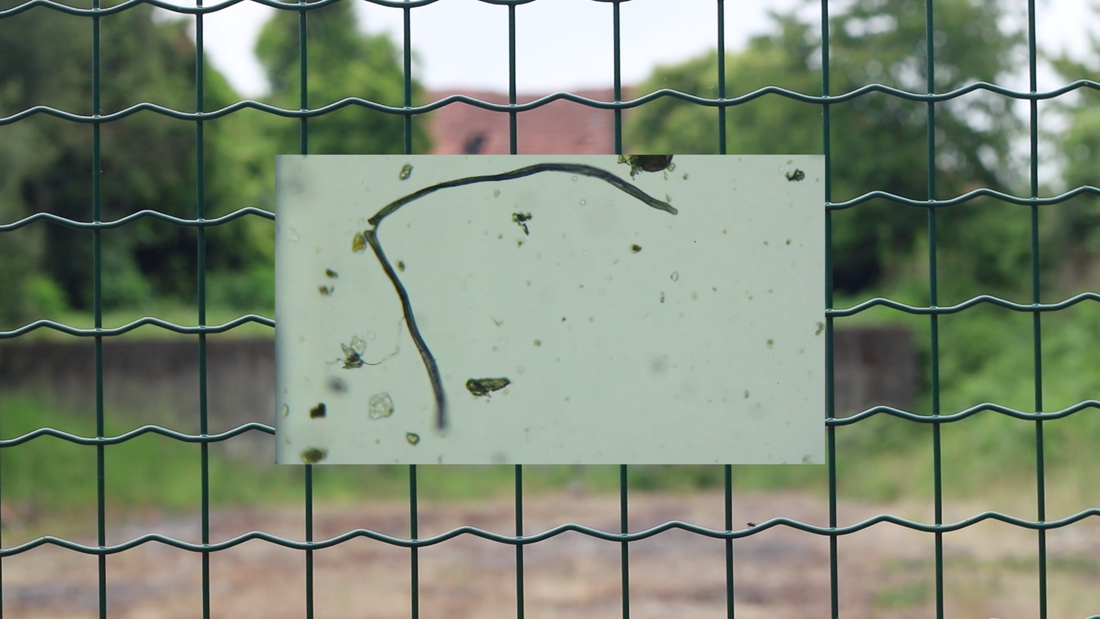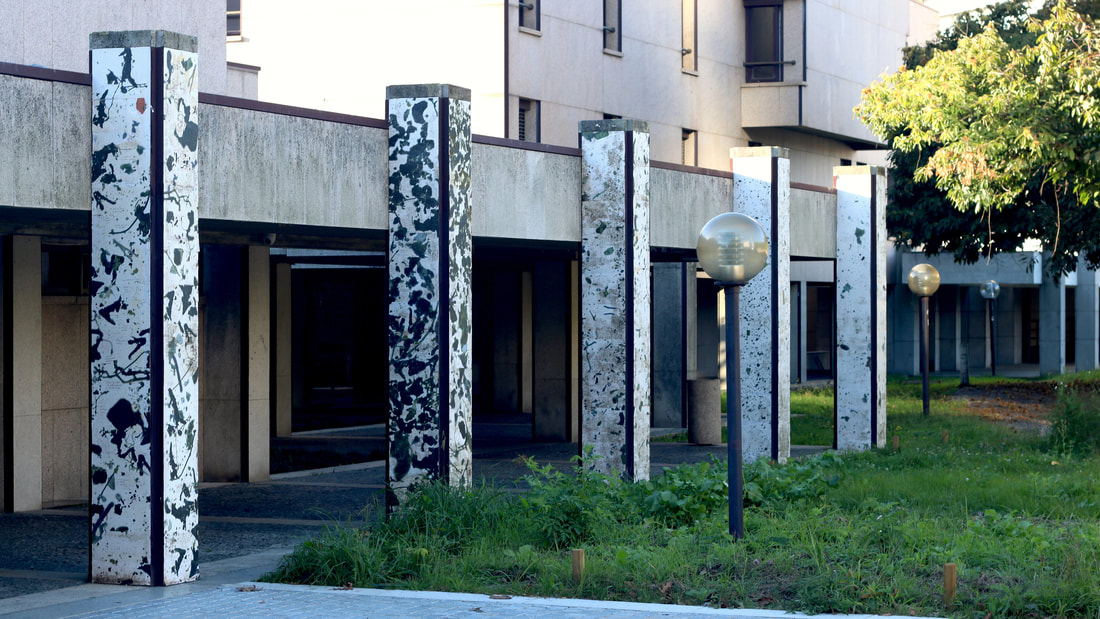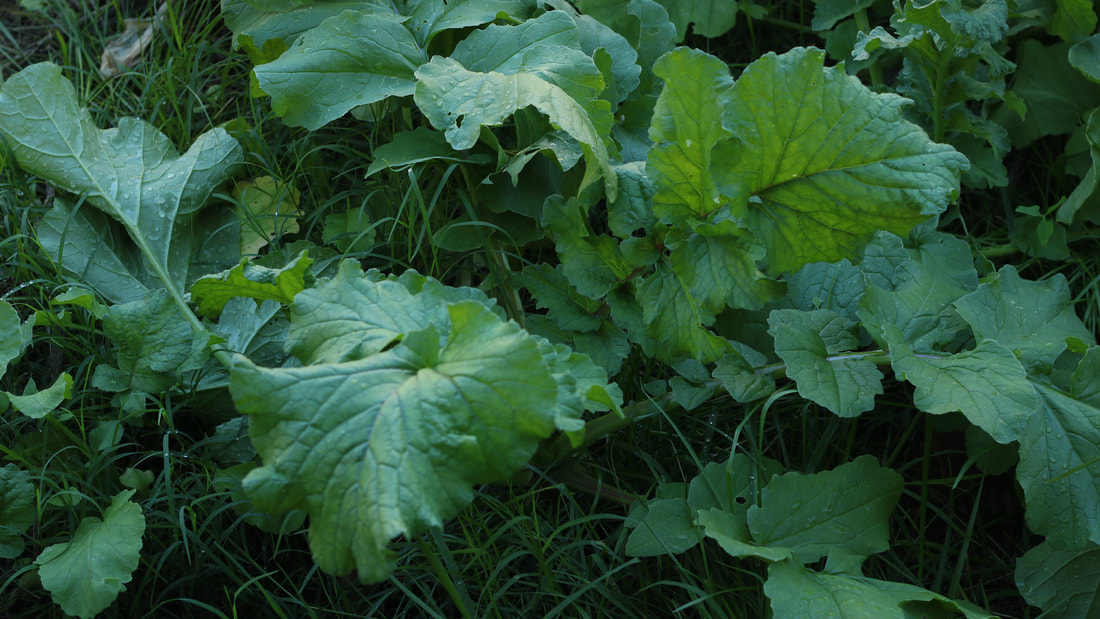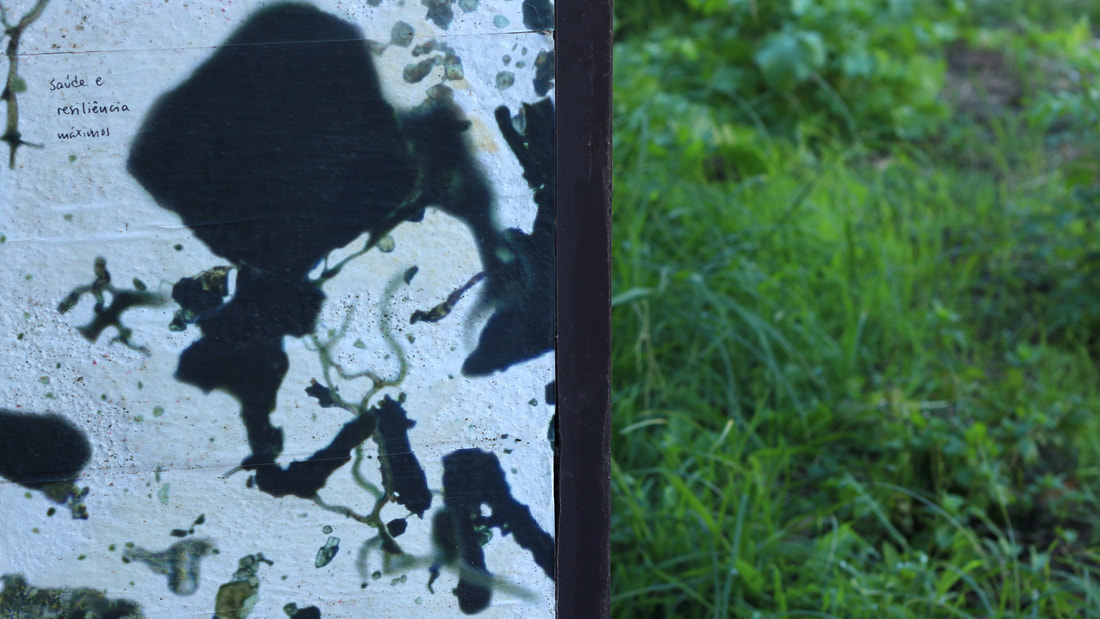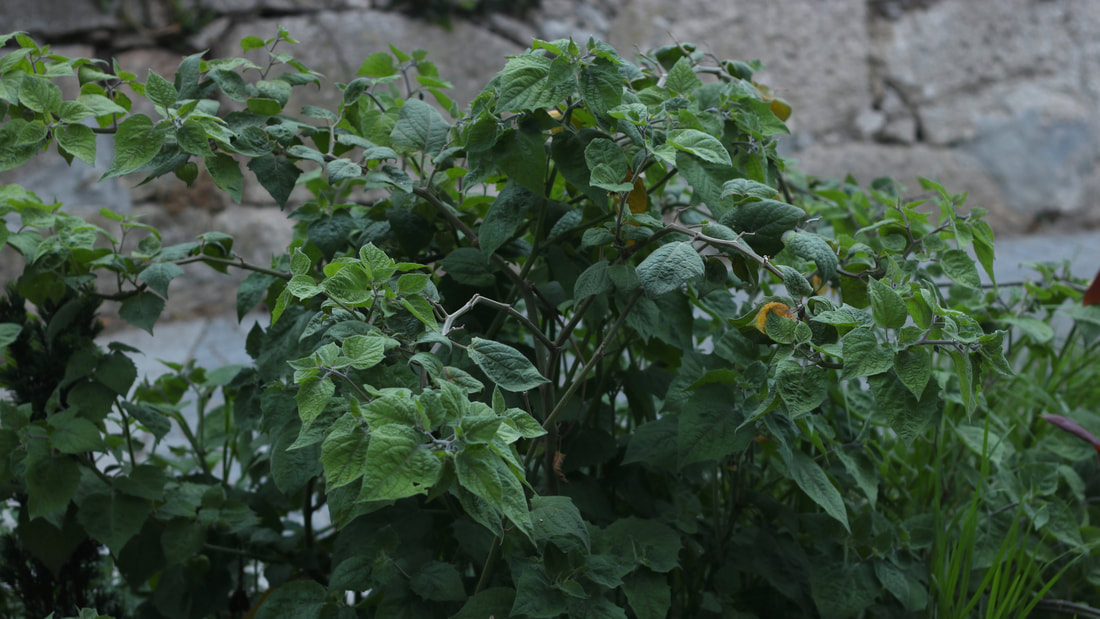|
Setembro 2021-22:
Intervenção pública, jardim, instalação, vídeo e palestra-performance Projeto iniciado na Bienal de Arte Contemporânea da Maia 2021, Fórum da Maia A Maia era um espaço rural antes do início da sua modernização nos anos 80, para se transformar no que hoje conhecemos como a Cidade da Maia. A pesquisa dos Landra deu-se no centro desta urbanização, onde se situa o Fórum. A proposta foi de intervir num pedaço de terra ajardinado, mas compactado e negligenciado, onde se situa o Fórum. |
Compararam-se as mostras de solo desta terra e de outra (um jardim de uma casa abandonada) encontrando-se grandes diferenças na quantidade e na diversidade da vida microbiótica. Daí surgiu um filme, mais tarde uma palestra-performance, a par de uma instalação e, acima de tudo, a própria regeneração e melhoramento ecológico deste espaço ajardinado do Fórum.
Hoje em dia, o projeto é complementado com vários painéis onde se nomeiam mais de setenta espécies úteis encontradas no jardim, muitas das quais comestíveis, para além de estarem descritas outras das suas propriedades medicinais e funções de apoio à biodiversidade. Foi também criado um grupo de cuidadores informais, constituído por habitantes locais, formados por um conjunto de atividades de introdução ao jardim em 2022. |

